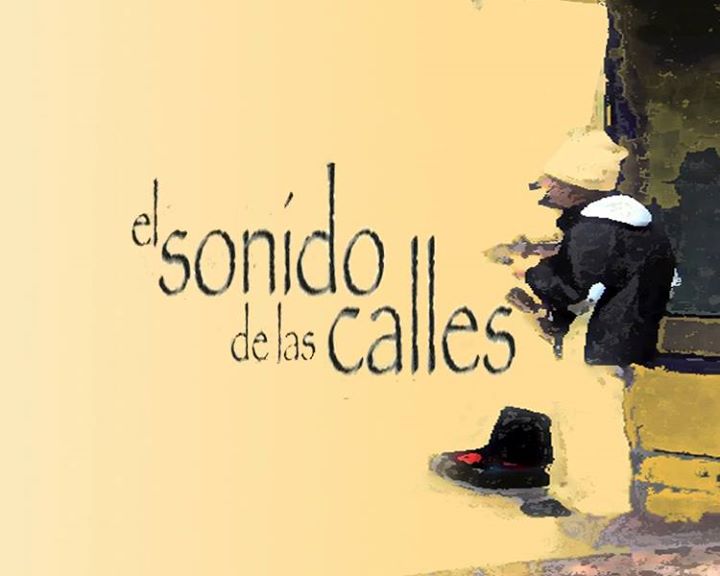What do the streets sound like? This questions opens “The sound of the streets [1]” [es], a documentary that portrays the work and life philosophy of five street musicians — Manuel Marcos, El Terraza de Jeréz, Pedro Queque Romero, Little Boy Kike, including two singers, and a group, Los Milchakas, who work outdoors.
Produced by BuenaWille [2] [es] – a space that promotes cultural projects – the documentary was released in May 2013 under a Creative Commons license. As a nonprofit, its goal is to promote street music and expose these musicians’ testimonies to the public.
“I play for the love of music and because of necessity,” says Abdul Yabbar, singer and guitarist on the streets of Granada, who after losing his job saw no other option but to use his talent to “get by.” The film's protagonists live and offer their art in southern Spain, where the weather is warm and the people are more receptive, according to them. Most of them report the most positive aspects of their work, but also talk about the difficulties that come with this lifestyle, like the indifference of pedestrians, low tolerance from authorities, economic insecurity, and even complaints from neighbors that sometimes go as far as throwing objects and food at them because they consider them annoying, which is what happened to Abdul.
Here is the complete documentary [3] [es]:
There are also people who appreciate musicians who try to enliven the streets. A YouTube user posted a video from a group called Milchakas [4], which appears in the documentary, getting over 7,000 visits. The following comment is in the description:
This wonderful group in Granada, Spain brings so much joy and happiness to the constant stream of tourists and locals that pass them on the way to Alhambra or perhaps, Sacromonte. Their music is a blend of Spanish, reggae and a few other styles.
These artists are united by their talent and love for music, but most dream of promoting themselves, gaining visibility, and being able to play in bars. The streets are not easy and working in them seems increasingly difficult. This is how it is, for example, in the Spanish capital where the Madrid City Council has restricted their job. Whoever wants to play in the streets of the capital must pass an audition to have a license that authorizes them to work in the Central District. Artistic street activities that have passed the test still face a series of restrictions [5] [es] on schedules, distance between each musician, width of the streets where they are permitted to play, and the level of noise pollution, among others.
These new measures have generated criticisms, above from the artists. One video in particular in which two musicians criticize the impositions of the city council. Both the media and social networks have embraced the humorous and critical video that already has had over 350,000 views on YouTube [es]:
Here is a snippet of the song starring a group that called itself the Potato Omelette Band:
Ay mi Madrid, pobre ciudad mía, que quitan artistas para poner policías, tú que eras toda alegría, ahora gris color ceniza, no hay mejor jurado que el de la gorra, a veces no hay nada, a veces te forras …pobre músico que no se ha vendido, esta ciudad no es para artistas.
Oh my Madrid, my poor city that removes artists to be replaced with police, you who used to be all joy now are the color of gray ash, there is no better jury than the one in the cap, sometimes there is nothing, sometimes you make a killing… poor musician that has not sold himself, this city is not for artists.
